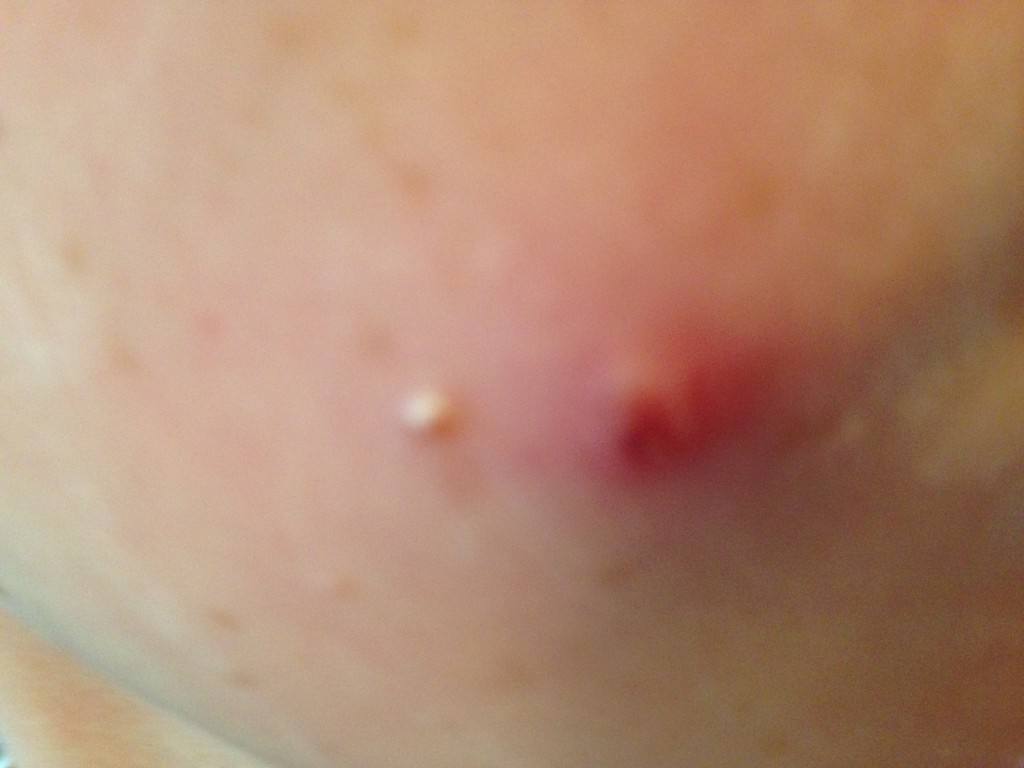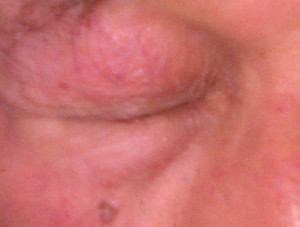
For people with multiple sclerosis (MS), understanding how brain inflammation impacts behavior can provide insight into some of the common symptoms they experience. New research from the University of Technology Sydney (UTS) sheds light on how inflammation in the hippocampus—a part of the brain critical for memory and emotions—affects motivation and behavior, with clear differences between males and females.
What’s the Connection Between Brain Inflammation and Behavior?
The hippocampus is central to memory, learning, and emotional regulation, but it’s also affected by inflammation in diseases like MS, Alzheimer’s, and depression. This inflammation, called neuroinflammation, often results in symptoms like:
- Apathy
- Struggles with daily activities
- Changes in food preferences
Interestingly, these symptoms tend to be more severe in women than in men.
“While inflammation in the hippocampus isn’t the sole reason for behavior changes, it likely sets off a chain reaction in the brain that influences how we think and act,” explained Dr. Laura Bradfield, Director of the Brain and Behaviour Lab at UTS.
What Did the Study Find?
Using mice, researchers at UTS simulated neuroinflammation by introducing a bacterial toxin called lipopolysaccharide into the hippocampus. This toxin triggers an immune response in the brain, mimicking the inflammation seen in diseases like MS.
The findings were fascinating:
- In both male and female mice, activity and movement levels increased.
- Females showed more significant changes in food-seeking behaviour, suggesting inflammation affects their motivation differently.
The research also highlighted the role of microglia and astrocytes, two types of brain cells that interact with neurons during inflammation, showing how complex these changes are at a cellular level.
Why Do Women Experience Stronger Effects?
The study suggests that hormones like estrogen might play a role in how neuroinflammation affects the brain. These sex-specific differences could explain why women with MS often experience more severe cognitive and behavioural symptoms.
What Does This Mean for MS Patients?
For those living with MS, this research offers hope for more personalized treatments. By targeting hippocampal neuroinflammation, future therapies might alleviate symptoms like memory issues, apathy, and difficulty with daily tasks—potentially improving brain health, especially for women.
“These findings open the door to developing treatments that consider how men and women respond differently to brain inflammation,” said Dr. Kiruthika Ganesan, the study’s lead author.
What’s Next?
The researchers are calling for more studies to understand:
- How hormones influence these sex-specific effects.
- The long-term impact of neuroinflammation on brain health.
For now, the study serves as a reminder of how critical it is to consider sex-specific differences in developing therapies for MS and other neurological conditions.
By tailoring treatments to these differences, there’s potential to not only reduce symptoms but also improve overall quality of life for people with MS.
4o




